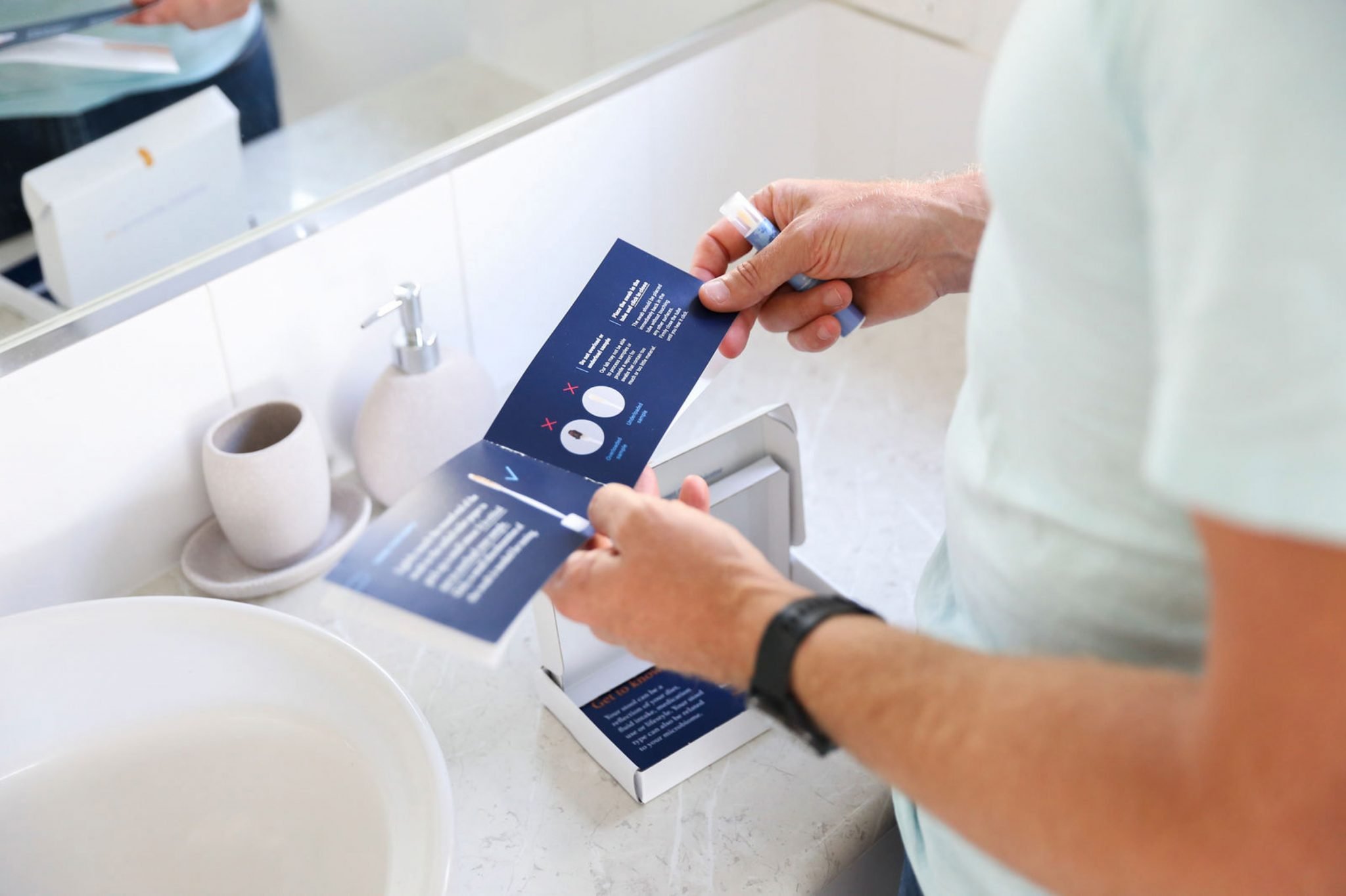
Microbiome Restoration and Optimisation
The Gut Microbiome
The gut microbiome (aka microbiota) is a community of microorganisms that live in the digestive tract including bacteria, viruses, fungi, and protozoa. These microorganisms help to break down food, absorb nutrients and support the immune system. A diet rich in fruits, vegetables and fibers helps to promote a healthy gut microbiome, while a diet high in processed foods can harm the balance of the gut microbiome. Additionally, taking antibiotics can also disrupt the gut microbiome.
Research suggests that dysbiosis of the gut microbiome is linked to various health conditions, such as obesity, inflammatory bowel disease, and certain types of cancer.
What is dysbiosis?
Dysbiosis is an imbalance in the composition of the gut microbiome. It occurs when there is an overgrowth of harmful bacteria or a reduction of beneficial bacteria. This can result in a variety of symptoms and health problems, such as inflammation, decreased immune function, and nutrient deficiencies. Dysbiosis can be caused by a variety of factors, such as poor diet, stress, antibiotic use, and chronic illness.
Symptoms associated with dysbiosis can vary depending on the underlying cause and the individual, but some common symptoms include:
Gastrointestinal issues such as bloating, constipation, diarrhea, and gas
Fatigue and low energy
Skin problems such as eczema and acne
Food sensitivities and allergies
Mood swings, depression and anxiety
Weight gain or weight loss
Nutritional deficiencies
Please note that these symptoms can also be caused by other conditions, so it is best to book a consult for professional diagnosis and treatment. Not everyone who has dysbiosis will experience symptoms, and those that do may not have all of the above symptoms.
Testing the Microbiome
DNA sequencing is used to analyze the entire microbial community in a sample, such as a stool sample. Microbiome sequencing allows for a comprehensive analysis, and can identify a wide range of microorganisms, including bacteria, viruses, fungi, and protozoa. This information can help to identify potential imbalances in the gut microbiome and to understand the underlying cause of gut-related conditions.
Treatment for dysbiosis typically involves addressing the underlying cause and restoring balance to the gut microbiome.
This can include:
Dietary changes: eating a diet high in fibre, fruits, vegetables, and fermented foods can promote the growth of beneficial bacteria, while avoiding processed foods, saturated fat, excess animal protein, and artificial sweeteners can help to reduce the growth of harmful bacteria.
Prebiotics: consuming prebiotics, which are non-digestible carbohydrates that promote the growth of beneficial bacteria, can help to restore balance to the gut microbiome.
Probiotics: supplementing with probiotics, which are beneficial microorganisms, can also help to restore balance to the gut microbiome.
Avoiding unnecessary use of antibiotics
Managing stress: stress can have a negative impact on the gut microbiome, so managing stress through techniques such as meditation, yoga, or exercise can be helpful.
Treatment may vary depending on the underlying cause of dysbiosis and should be guided by a careful assessment based on your individual history, symptoms, and test results.

